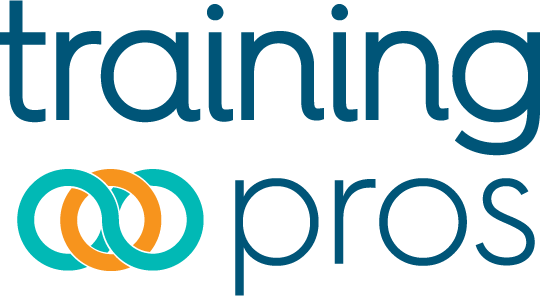How Clinical Education Will Evolve in the Next 5 Years
How Clinical Education Will Evolve in the Next 5 Years
Clinical Training and Education is an industry that faces many unique challenges. Educating customers on technical, clinical, and procedural uses of medical devices is an essential component of running a successful organization. The best way for corporations in the medical device and diagnostic industry to successfully train both internal sales and commercial executives is to stay up to date with newest technologies and training methods.
In order to stay ahead of newest Clinical Education trends, Q1 Productions asked some training experts about aspects of the industry they foresaw evolving in the next five years.
“MORE REMOTE TRAININGS”
I see engagements with physicians becoming more web/virtual based. I feel there will more acceptance on tele-medicine which will led to more remote trainings done by companies. But, at the end of the training cycle, I think the average physician will still want some live hands-on of some sort before moving to human cases.
-Greg T. Prevatt – Global Director, Professional Education and Training, Apollo Endosurgery
“NEW TECHNOLOGIES”
Medical Device Clinical Education will continue to be key to introducing surgeons to new technologies and techniques augmenting the offerings from surgeon training programs and the societies (i.e. AANS, SRS, AAOS). I expect we will continue to see a shift away from traditional “courses” toward customized offerings for the individual surgeon. These offerings will likely incorporate a mix of surgical simulators and virtual reality tools augmenting cadaveric training.
-Tony Troncale – VP, Global Medical Education, K2M, Inc.
“INCRESED VIRTUAL LEARNING”
To be relevant, Clinical Education is going to have to provide less didactic instruction, more intentional hands on interaction in classroom and lab settings, and increased virtual learning opportunity for on demand “just in time” training.
-Shunji Brown-Woods – Director, Professional Affairs, Smith & Nephew
“MORE TAILORED TO THE USER”
I see it continuing to transition to include multiple stakeholders who are involved in the decision-making process, to include, administrators, materials management, buyers etc. I also see it becoming much more tailored to the user, based on their specific needs. Lastly, I believe the use of remote education technologies will significantly ramp up, allowing the learner clinicians to access and practice training from their own home or office.
-Dave Bourdeau – Senior Director, Professional Education, Janssen R&D LLC, Johnson & Johnson
Over the past 10 years, Q1 Productions has hosted an annual series of meetings designed to meet the specific needs of medical device training and development staff. At the Medical Device Clinical Training & Education Conference, each track focuses on how to effectively train and educate adults and, at the same time, has a unique viewpoint based on the end-user being trained. For more information on how to ensure products are used safely and effectively in the clinical setting click here.






